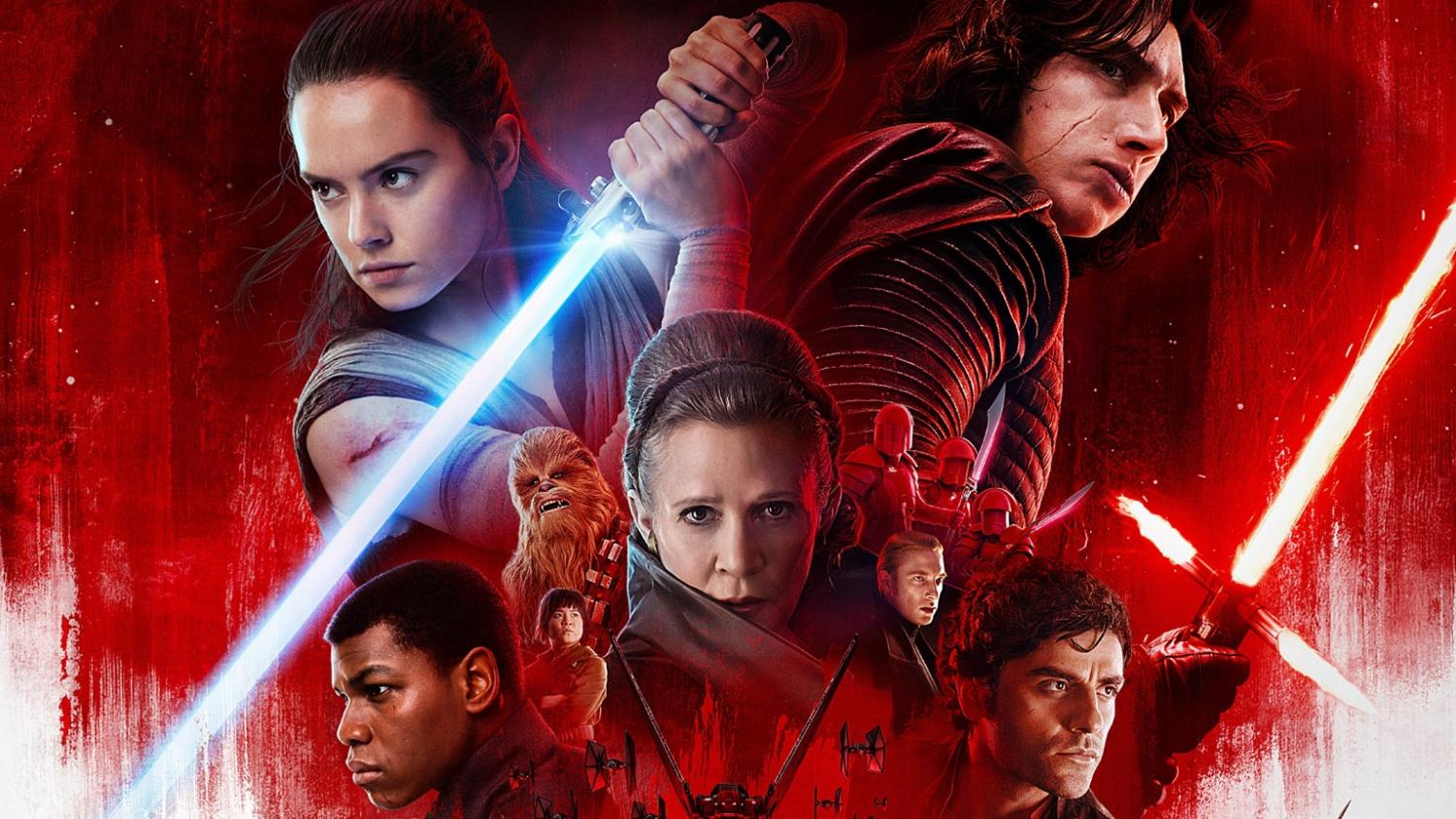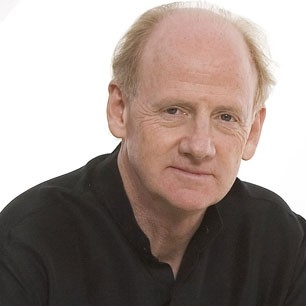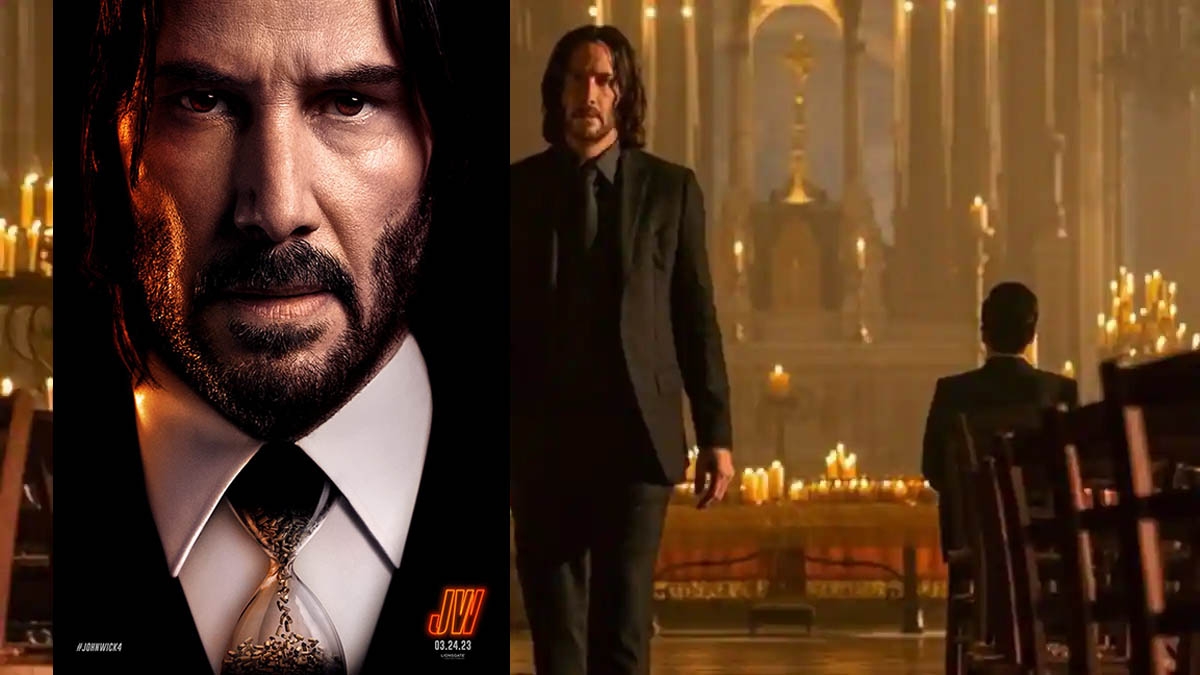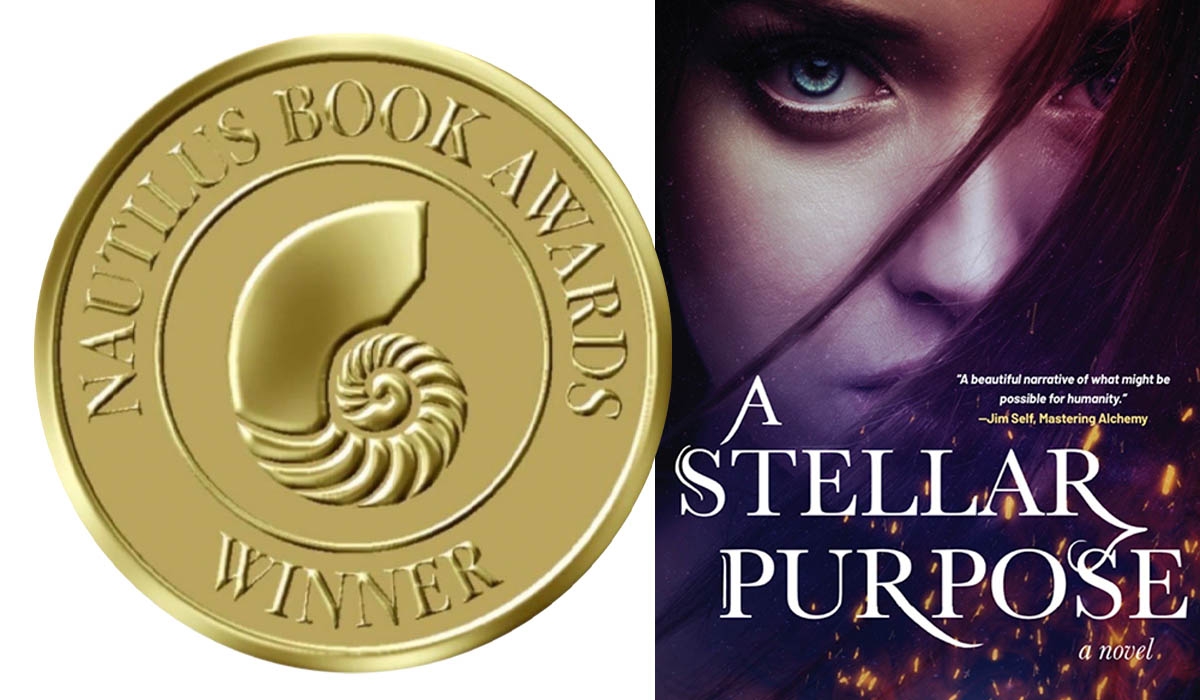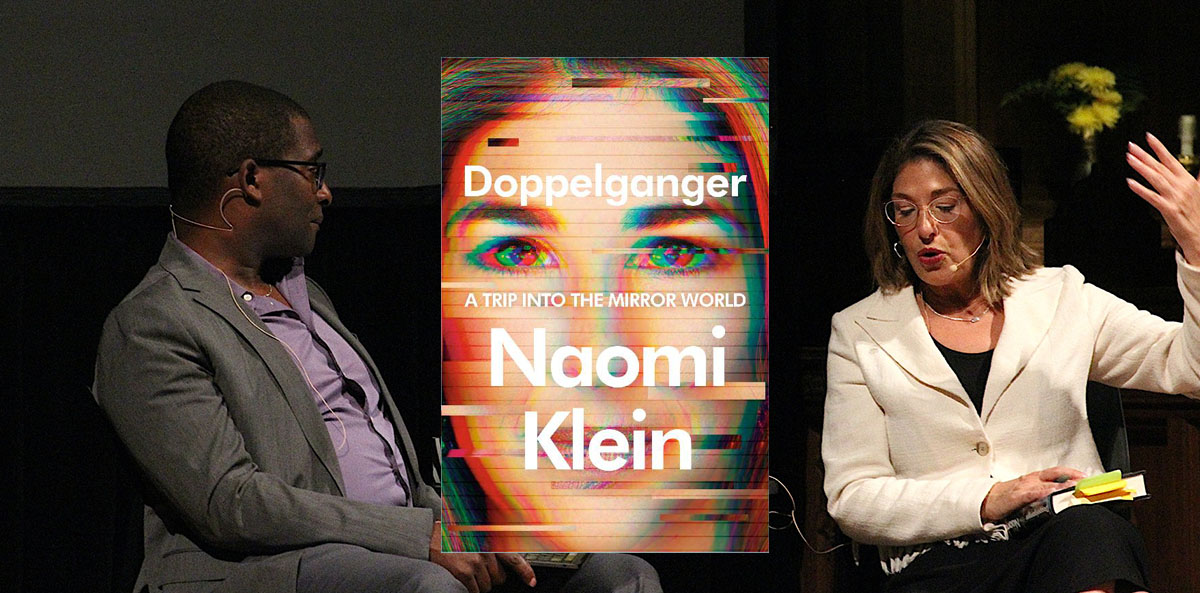
Doppelganger: Who is Looking in the Mirror Now?
By Evelyn Kaye Brooks
On October 4th, the Ottawa International Writers Festival hosted an interview of Naomi Klein, to discuss her new book Doppelganger: A Trip into the Mirror World. Klein’s work and social activism over the last 25 years have made a significant contribution to the definition of ‘left’ in Canadian and world politics. Her first book, No-Logo (1999), was taken up as a manifesto for the anti-world trade movement that was sweeping the content at the same time.
Her new book was inspired by the challenges Klein has faced by being confused with Naomi Wolfe – another outspoken leftist activist who, strangely, has recently been adopted into the fold of ultra-right populism. Klein claims to follow this thought – what if there was a double of you, doing things you would never do, misrepresenting you to the world – and extrapolate it to the rest of us, as individuals and as organized groups.
It’s an important concern: how we project punched-up doppelgangers of ourselves – the polished social media faces or the misdirected momentum of our political parties – and the power that these doubles have to warp the truth of who we are. They are the inflated clowns floating above the parade, drawing attention away from the simple, complex, flawed and beautiful people walking along the street. The doppelgangers are responsible for why conversations break down, why we have so much difficulty understanding one another. I wanted to hear about the dangers of these clownish doubles, and their weaknesses. I wanted to learn about how we can see past them to the real humans beneath.
That was not the conversation. Whether due to the interview style of the evening’s host, Adrain Harewood, or to Klein’s own pre-occupations, the 90-minute conversation was a gossip session filled with inside jokes and snide mockery of some of the most public-facing individuals of the ultra-conservative populist movement in the U.S. Rather than digging into the question of who we are, who are the people lining the streets to watch the parade, who are those on the ground, running the show and keeping it moving, Klein stared at the clowns. She had a platform on which to build bridges, a lens through which to view hidden subtleties, and an audience with whom to discuss the difference between reality and the grotesque. But she chose to focus only on the grotesque, because it made for a better contrast to her social activism and upheld her own long-held prejudices.
There were a few moments when she drew near to a place where understanding might happen, but she always left the important questions on the table. She acknowledged that the language of the Activist Left has a tendency to push away an entire demographic of potential supporters – namely, privileged folk who are made to feel as though they don’t belong – but she did not delve into the implications of that. The aggressiveness with which the left defines who is welcome under the banner of ‘activist’, the counterproductive impact of alienating a large demographic of power-holding individuals because of who they are, and the irony of this prejudice, were not discussed. It was acknowledged, and then the conversation moved on to further superficial mockery of a handful of hate-filled and power-hungry individuals (Naomi Wolfe, Stephen Bannon, Donald Trump). The opportunity to reach across the vortex of twisted reality that is created by these powermongers was so obvious that it was painful to watch Klein and Harewood dance away from it.
Later, Klein mentioned that instead of the ‘right’ and ‘left’ of the political spectrum, the argument was becoming about ‘right’ and ‘wrong’. I was intrigued, until I realized that she was protesting this new direction. I was left to wonder: why are we stuck on a question of left versus right? Can we not envision a different political future in which the spectrum is about right and wrong? What if it’s not about fighting all the fights on all the issues, but just about asking the question: do you think people are fundamentally good and deserve the chance to make a good life for themselves? And then the second, confirmatory question: Do you think that all people are fundamentally good and deserve that chance?
The end of the evening focused on Klein’s description of the ultra-conservative movement as the doppelganger of the activist left, creating its popularity by appropriating a few of the left’s neglected issues, and, with those, the reputation of the left as ‘Protector of the People’. When Harewood, in one of his rare moments of courageous interviewing, confronted Klein with how this made the left complicit in the rise of populism, Klein gave a brief nod to this idea, then quickly went on to describe how it is the political centre that is collapsing, and how that collapse is to blame for the political void that the ultra-conservative right is filling.
Pardon? Her whole theory of doppelgangers, the theory for which she abandoned the opportunity to reach across boundaries, is that traditionally leftist causes and methods are being appropriated and twisted by the right for their immoral purposes. While it’s hard to deny that the political centre appears to have disappeared, its absence, and the vacuum that it leaves, is the consequence of liberal and conservative extremism, not the cause of it. If the ultra-right is appropriating this space of moderation and conciliation, why, oh why, has the left not also stepped in?
Disappointingly, this evening with Naomi Klein was not a conversation about how we, as individuals, have doppelgangers. Nor was it about how all political organizations have to battle the manipulation of their ideas by aggressive, branded, social-media-mongering doppelgangers. It was a conversation about how the populist right has stolen from the socially progressive left. It was a complaint without an action plan. Rather than acknowledging the natural consequences of the left’s insular exclusivity, rather than arguing for a reformation of the left to better meet the needs of an evolved world, Klein dug in her heels and argued that the only way to fight ultra-conservativism is to become ultra-liberal, to go back to the activist-left’s holy ground of righteous outrage and issues-based protest. Klein is caught in a cycle of social activism, which believes that the fight is the point; there are marches, rallies and campaigns, all aimed at getting the message out, but the message is rarely more than a complaint. All protest, no plan.
So, I will ask the questions that Naomi Klein did not ask during her public discussion. What if the contrast to ultra-conservatism is not to become ultra-liberal, but to be not ultra-anything? What if the fight against those who are constantly fighting is not to fight back, but to get to work? What if the answer to hate is not retaliatory hate, but welcoming inclusion? Have we perhaps come to a point in our political evolution where the changes needed are no longer in the public and political spheres? Who are the change-makers of tomorrow? What changes are they poised to make?
Politics imitates life, not the other way around, especially in this age of doppelgangers. If our actions are loud and argumentative, our politicians reflect that back to us. If our actions start to look like caring, helping and pitching in, our politicians must emulate this in order to win our votes. The action plan for change is in our hearts and our homes. Social justice requires community service. Fixing the climate crisis requires individual eco-friendly choices. Changing the world requires smaller living. A happier population requires kindness.
The people who need to change are not the people at the front of the protests. Building community is never accomplished with pitchforks and fire. Which makes me wonder who else is out there. I wonder about the conservatives who feel that their identity has been twisted by the ultra-conservative populist right. I wonder about the privileged, white, cis-gendered, heterosexual, able-bodied folk who identify as liberal but find that they are not welcome in the activist left because they look like the left’s idea of the right. I wonder about those on the right who are not ultra-right and those on the left who are not ultra-left. I wonder about those in the collapsing centre, who are going about their day, doing their best, holding down jobs and raising families, who don’t attend protests or brand themselves on social media.
I believe that there is an army of moderates standing along the parade route, ready to follow a leader wielding a concise list of work that needs to be done. But no leader is stepping forward. So we’re all just watching the clowns.
Photo: facebook.com/writersfest

